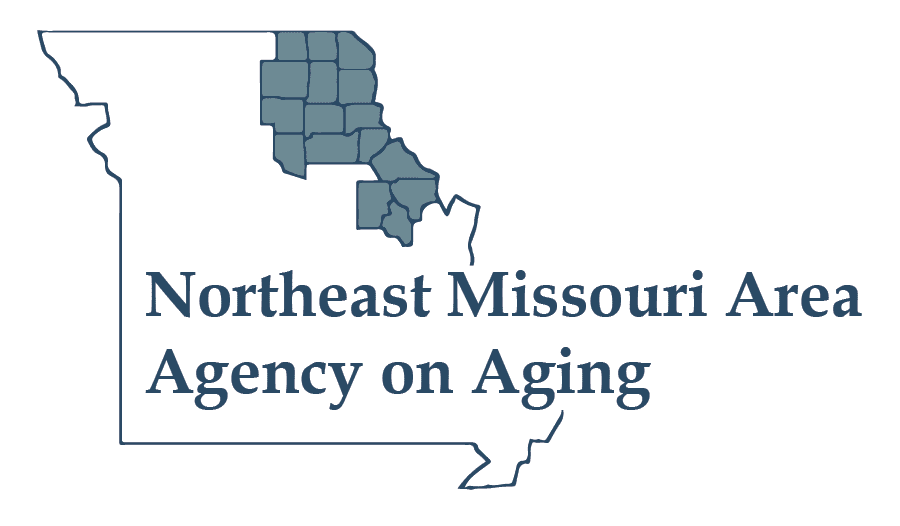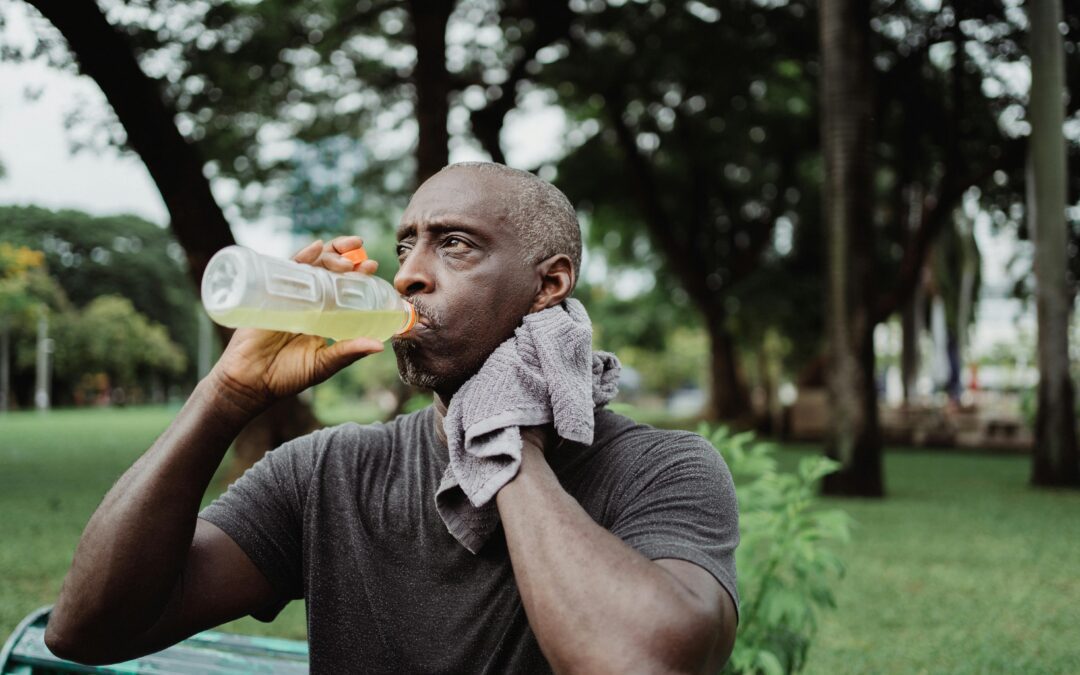Summer brings longer days, warmer temperatures, and a chance to enjoy the outdoors. However, for seniors, the heat can pose a significant health risk. Dehydration, a condition where the body loses more fluids than it takes in, is a particular concern.
Let’s explore how seniors and their caregivers can stay hydrated and safe during the hot summer months.
The Importance of Hydration
As we age, our bodies undergo changes that can affect how we handle heat and maintain fluid levels. Seniors often have a reduced sense of thirst, making it easier to become dehydrated without noticing. Medications and certain health conditions common among older adults can also increase the risk of dehydration. Proper hydration helps regulate body temperature, support cardiovascular health, and maintain physical and cognitive functions.
Recognizing Dehydration Symptoms
Dehydration can pose serious health risks for seniors. Symptoms include dry mouth and throat, dark yellow urine, infrequent urination, fatigue, dizziness, confusion, irritability, and headaches.
If any of these symptoms appear, it is necessary to follow the tips like:
Drinking Water Regularly
Seniors should drink small amounts of water throughout the day, even if they don’t feel thirsty. Setting a schedule or using reminders can help maintain this habit. Drinking water at regular intervals keeps the body hydrated.
Eating Hydrating Foods
Incorporate fruits and vegetables with high water content into daily meals. Watermelon, cucumbers, oranges, and strawberries are excellent choices. These foods not only provide hydration but also supply essential vitamins and minerals.
Avoiding Diuretics
Limit beverages that increase urination, such as coffee, tea, and alcohol. These drinks can contribute to water loss. Opt for water or drinks with added electrolytes instead. Electrolyte-enhanced beverages can help replenish lost minerals and fluids.
Staying Cool
Wear lightweight, breathable clothing and avoid outdoor activities during peak heat hours. Staying in shaded or air-conditioned areas can reduce the risk of overheating and help maintain a comfortable indoor temperature.
Carrying a Water Bottle
Having a water bottle on hand always encourages regular sipping and makes it easier to stay hydrated, especially when you are out. Choose a bottle that is easy to carry and has a secure lid to prevent spills.
Staying Safe While Working
It is important to take extra precautions for seniors who are working or engaging in physical activities during hot weather. Plan outdoor work for cooler parts of the day, such as early morning or late evening, when temperatures are lower. Take frequent breaks in shaded or air-conditioned areas to avoid overheating.
Drink water before, during, and after physical activities to stay hydrated. Wearing a wide-brimmed hat and light-colored clothing can also help keep the body cool. Always listen to your body and stop working immediately if you feel dizzy, weak, or overheated.
Consulting Healthcare Providers
Older adults should talk with their doctors about their hydration needs, especially if they are on medications that affect fluid balance. A healthcare provider can offer personalized advice and recommendations. They can also monitor for signs of dehydration and adjust medications if necessary.
Stay safe and hydrated this summer with support from the Northeast Missouri Area Agency on Aging (NEMO AAA). Our programs and resources are designed to help seniors maintain their health and well-being, even in the hottest weather. Contact us to learn more about our services, find nutrition tips, and access our resources.

